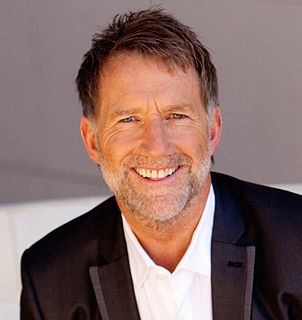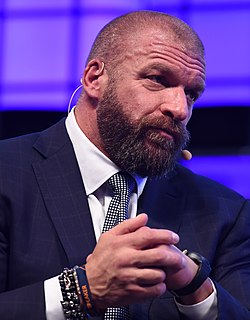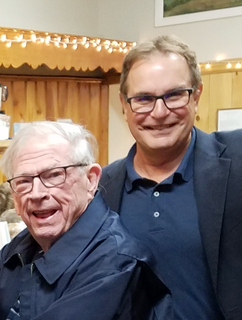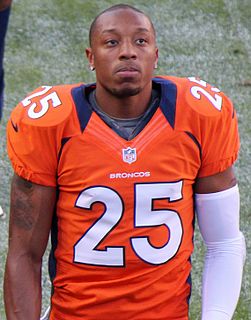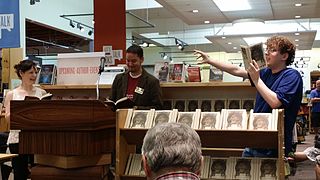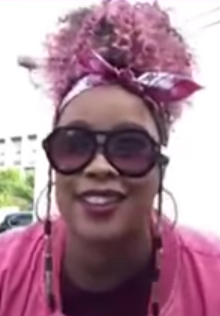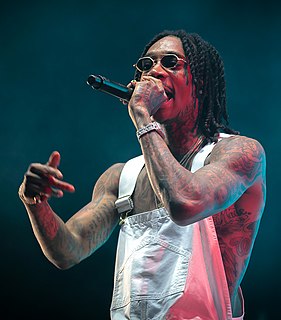A Quote by Nipsey Hussle
Related Quotes
The Criteria of Emotional Maturity: The ability to deal constructively with reality The capacity to adapt to change A relative freedom from symptoms that are produced by tensions and anxieties The capacity to find more satisfaction in giving than receiving The capacity to relate to other people in a consistent manner with mutual satisfaction and helpfulness The capacity to sublimate, to direct one's instinctive hostile energy into creative and constructive outlets The capacity to love.
People equate job titles to levels of creativity. We think that musicians are creative while accountants are not. Job title has nothing to do with human creativity. In fact, we all have enormous creative potential. Even those that often state with authority that "I'm not creative." With a systematic approach to building creative capacity, we all have the opportunity to create and leave a mark on the world.
It could be argued that all leadership is appreciative leadership. It’s the capacity to see the best in the world around us, in our colleagues, and in the groups we are trying to lead. It’s the capacity to see the most creative and improbable opportunities in the marketplace. It’s the capacity to see with an appreciative eye the true and the good, the better and the possible.
Faith is almost the bottom line of creativity; it requires a leap of faith any time we undertake a creative endeavor, whether this is going to the easel, or the page, or onto the stage - or for that matter, in a homelier way, picking out the right fabric for the kitchen curtains, which is also a creative act.




